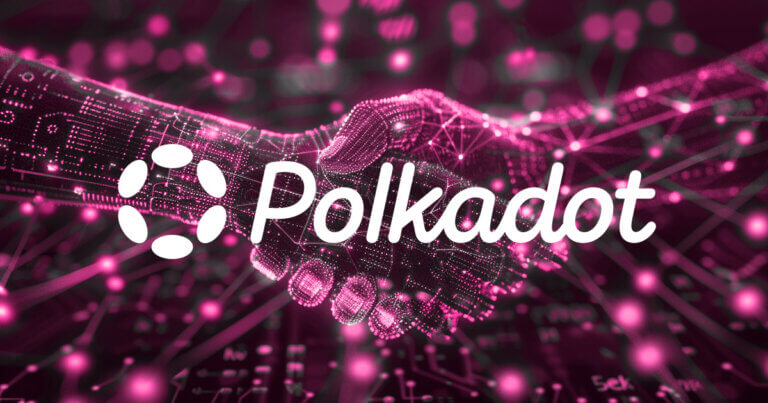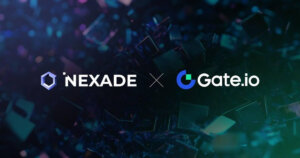 Polkadot funds $600k project to introduce smart contracts, boosting blockchain capabilities
Polkadot funds $600k project to introduce smart contracts, boosting blockchain capabilities Polkadot funds $600k project to introduce smart contracts, boosting blockchain capabilities
Pop Network's solution is live on the Paseo testnet and was recently presented at a blockchain event.

Cover art/illustration via CryptoSlate. Image includes combined content which may include AI-generated content.
The Polkadot Governance Community has approved approximately $600,000 for Pop Network’s R0GUE team to develop smart contracts that integrates the blockchain network’s native DOT token.
Smart contracts are digital agreements stored on a blockchain that execute automatically when predefined conditions are fulfilled.
These contracts are widely used on networks like Ethereum, but they are not natively supported on Polkadot’s Relay chain.
So, Polkadot smart contract-enabled parachains operate with their own native tokens, which hinders the seamless integration with DOT.
Pop Network
Pop Network addresses this major pain point that has hampered DOT’s growth by leveraging ink!, Polkadot’s smart contract language. This provides clear and stable interfaces (APIs) to smart contracts and utilizes the DOT token exclusively.
These APIs enable smart contract developers to easily harness Polkadot’s capabilities to create innovative solutions, such as cross-chain applications, without the complexity attached to the blockchain.
Peter White, R0GUE’s founder, said:
“Pop Network’s solution effortlessly harnesses Polkadot’s capabilities, all using the DOT token. Our developer-friendly interface empowers ink! smart contracts with quick access to Polkadot’s power, requiring just a couple lines of code.”
The network is live on the Paseo testnet and was recently presented at the Sub0 blockchain event.
Notably, this development coincides with Polkadot’s ongoing technological advancements for its Polkadot 2.0 vision, including Asynchronous Backing, Elastic Scaling, and Agile Coretime.
‘$25 trillion by 2030’
Smart contract-enabled platforms have been projected to grow astronomically by 2030.
Jamie Coutt, the chief crypto analyst at Real Vision, predicted that the combined market value of smart contract platforms, fueled by AI agent proliferation, will hit between $15 trillion and $25 trillion by 2030.
Coutt, citing a Real Vision November 2023 report, pointed out that AI could indirectly boost demand for verification and authentication services on-chain.
According to him:
“The prospect of AI agents, either human-directed or autonomous, using blockchain via smart contract wallets for value exchange would significantly alter growth projections.”
Based on this, he concluded that AI agents could make up over 40% of total daily active users on-chain, creating astronomical valuations for the blockchain assets that would benefit from the transaction fees generated by the increasing use of AI.
Disclaimer: CryptoSlate has received a grant from the Polkadot Foundation to produce content about the Polkadot ecosystem. While the Foundation supports our coverage, we maintain full editorial independence and control over the content we publish.












































































































